Basic Math Skills Normal Numbers Worksheets for Ages 4-5
11 filtered results
-
From - To
Welcome to our Basic Math Skills Normal Numbers Worksheets designed specifically for children aged 4-5! These engaging worksheets help young learners develop essential math skills through fun activities and exercises. Our resources focus on recognizing and writing normal numbers, fostering early number sense and boosting confidence in math. Children will enjoy vibrant illustrations that capture their attention while they practice counting, number formation, and simple problem-solving. Perfect for parents and educators, these worksheets are formatted for easy printing and tailored to meet the developmental needs of preschoolers. Explore our collection and empower your child's math journey today!
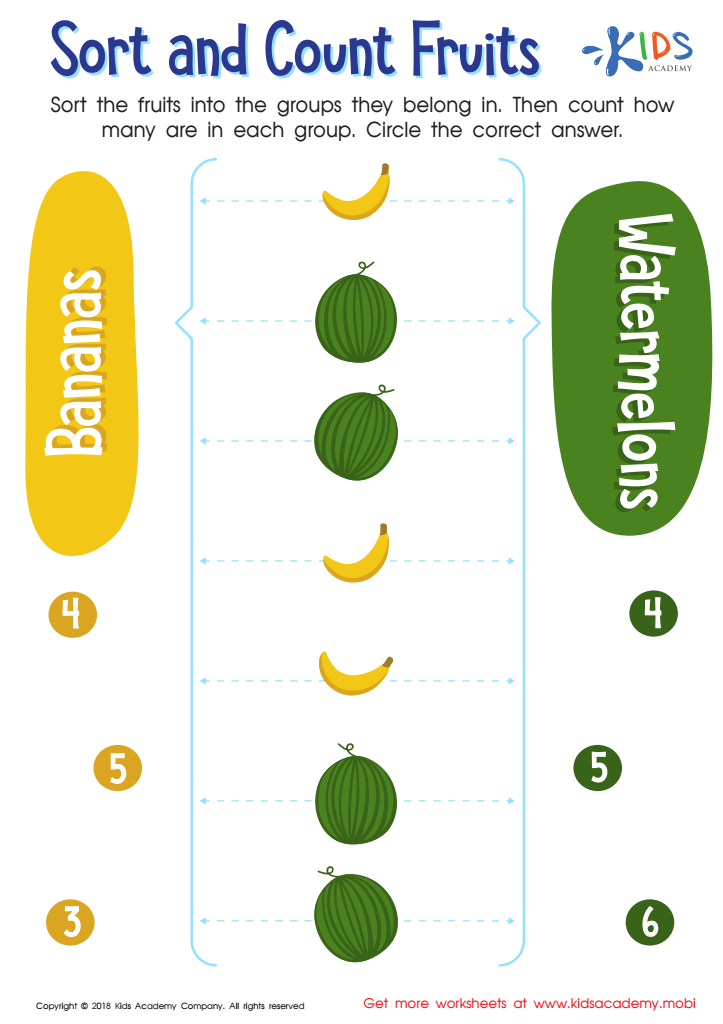

Sort and Count Fruits Worksheet
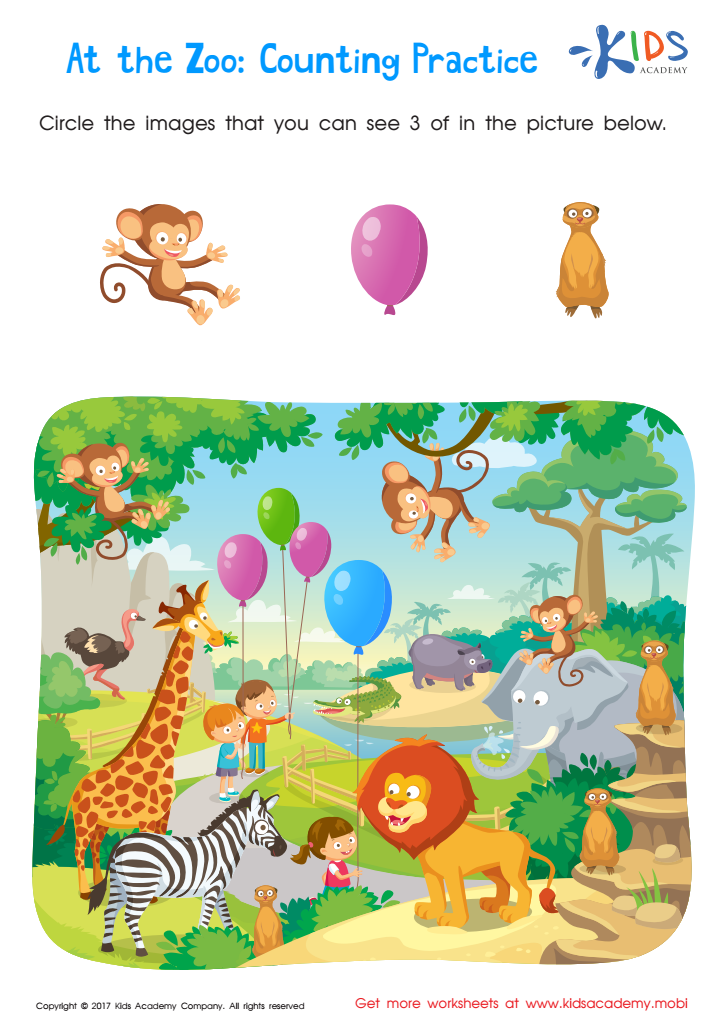

At the Zoo: Counting Practice Worksheet
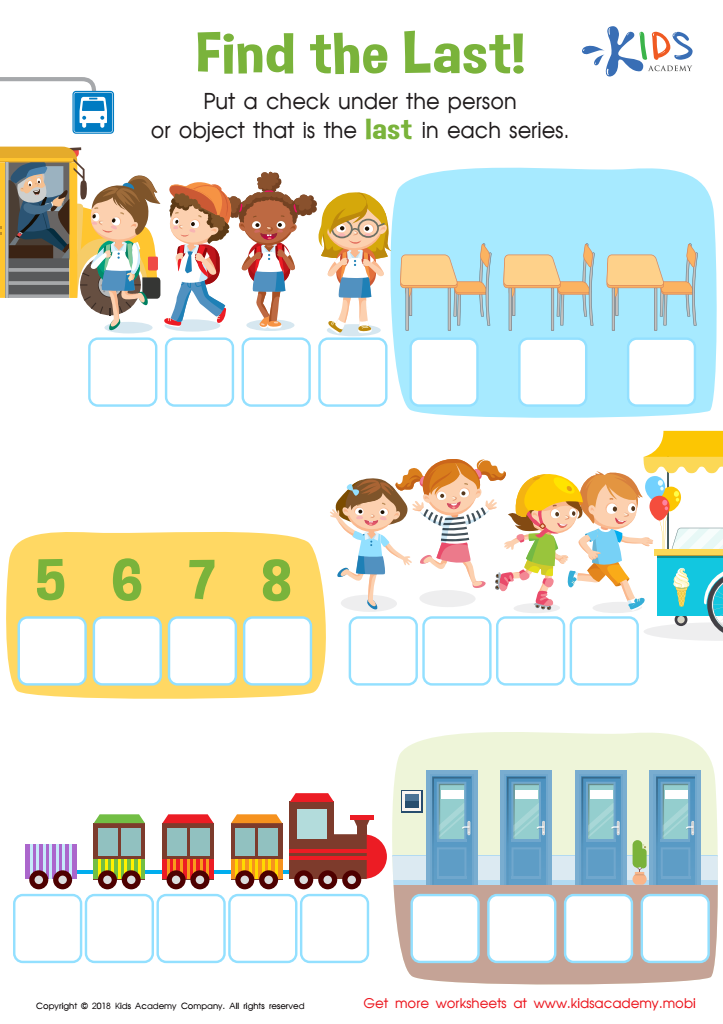

Find the Last! Worksheet
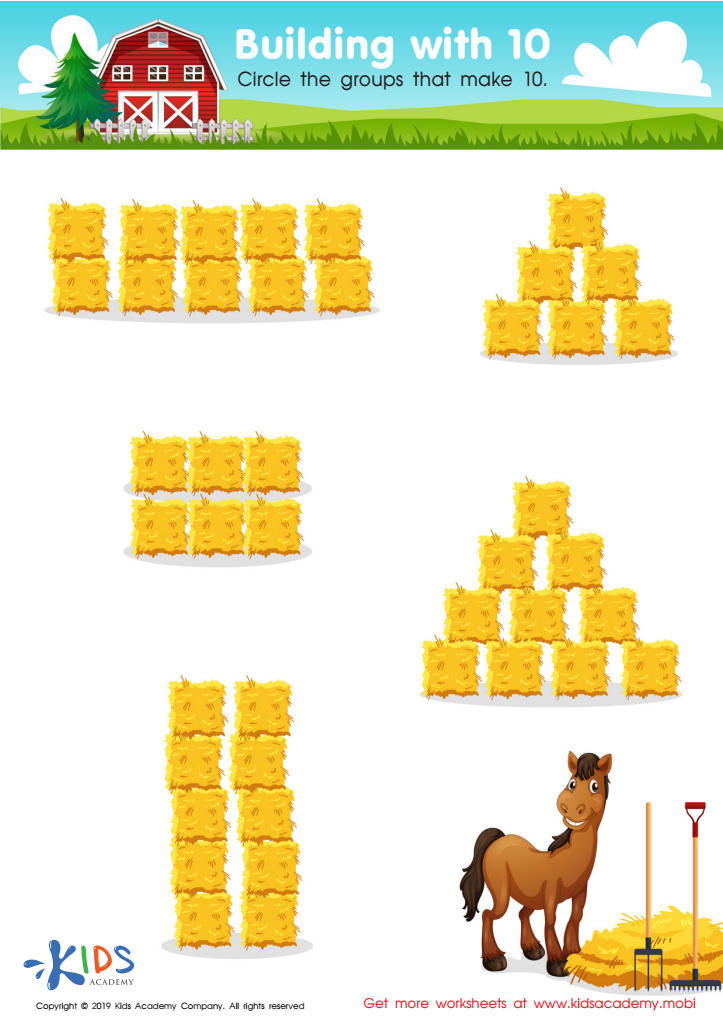

Building with 10 Worksheet
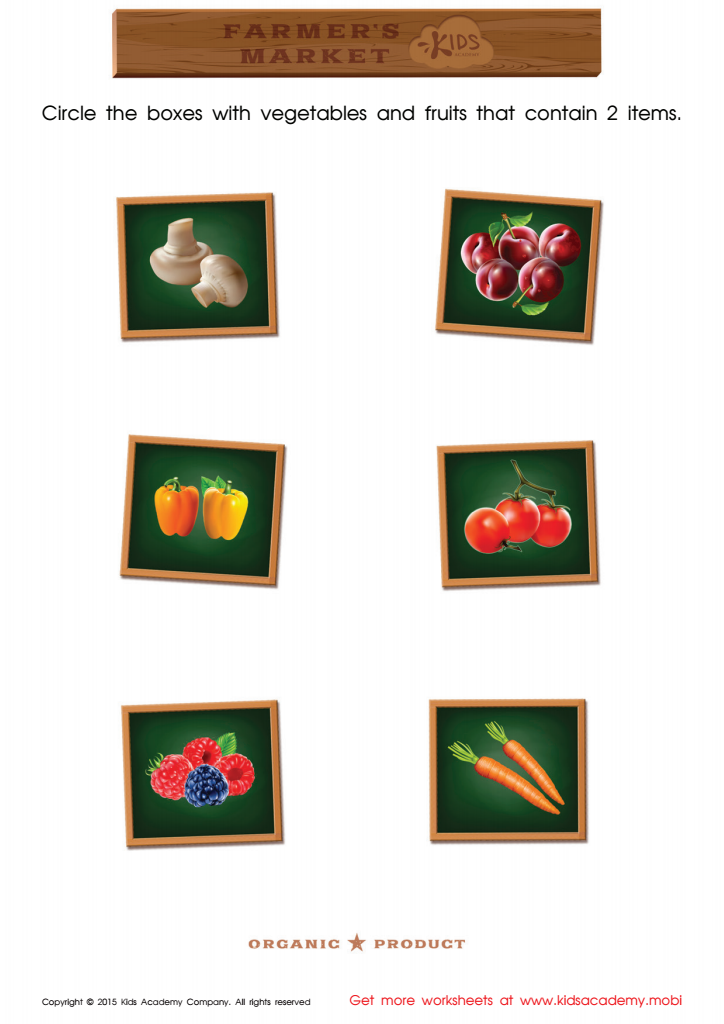

Count and Match Vegetables and Points Math Worksheet
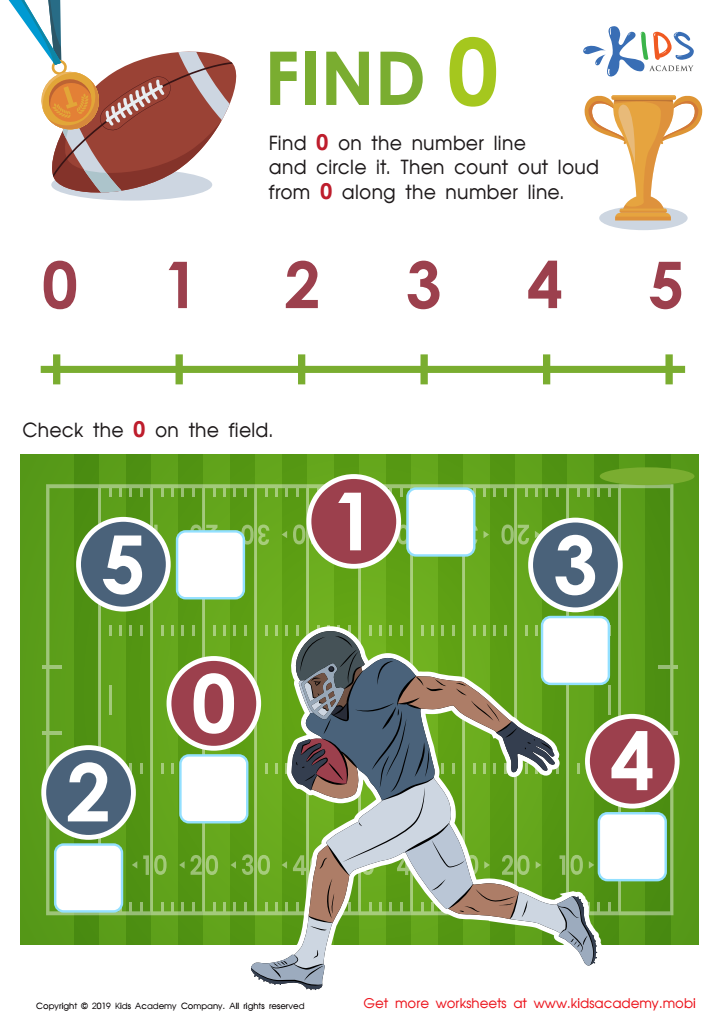

Find 0 Worksheet


Count and Match Vegetables 1 – 5 Math Worksheet
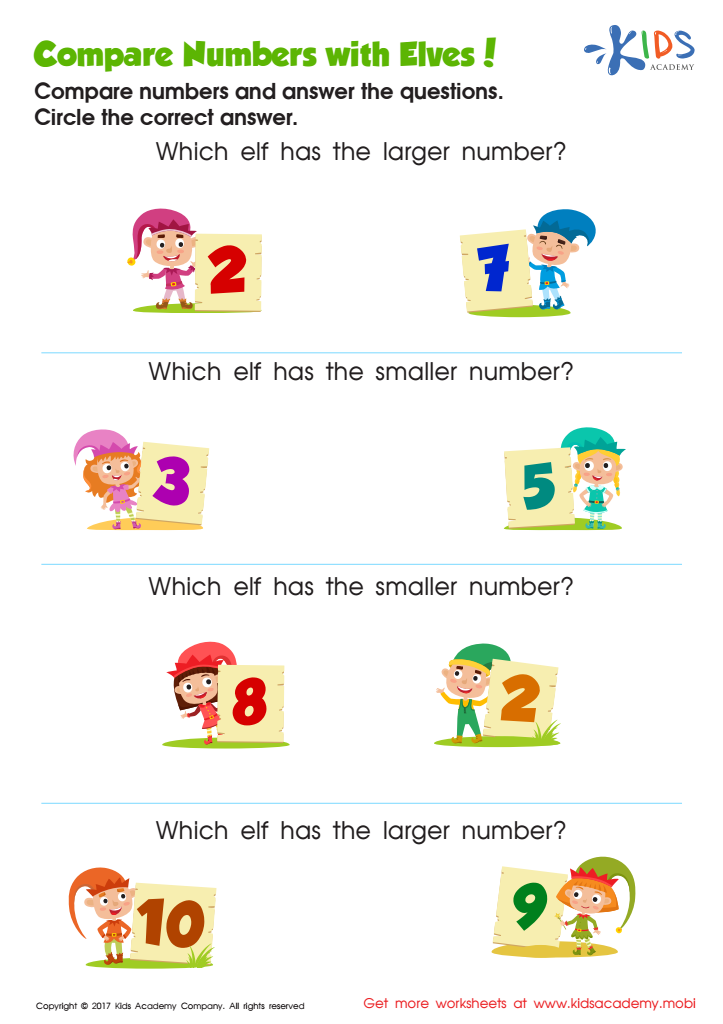

Comparing Numbers Worksheet for Kindergarten
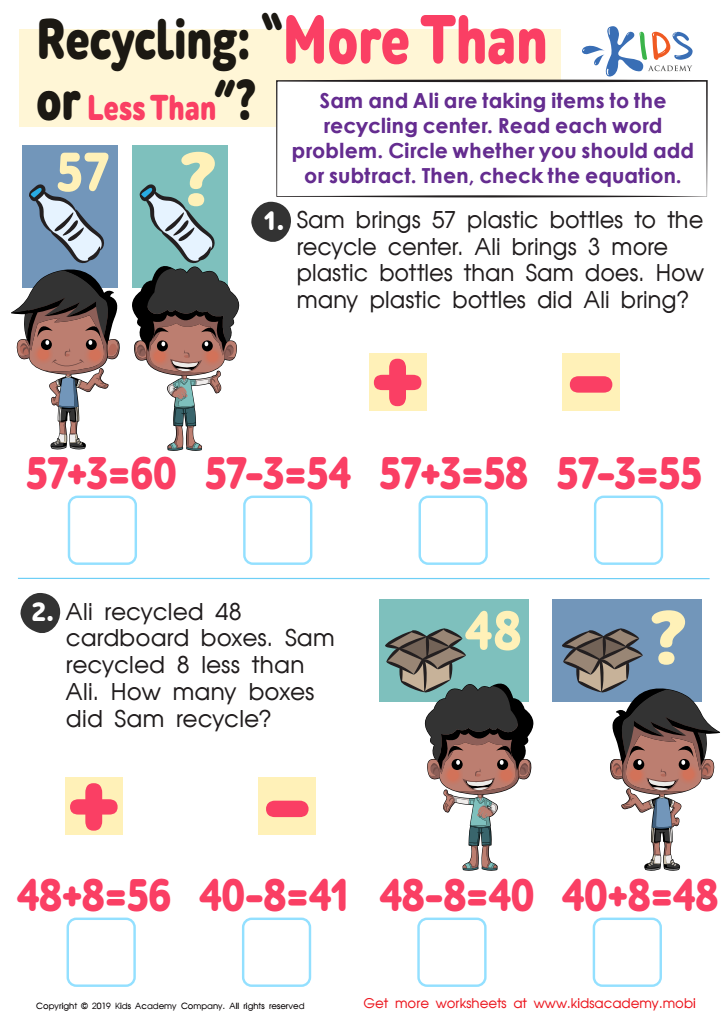

Recycling - More or Less Worksheet
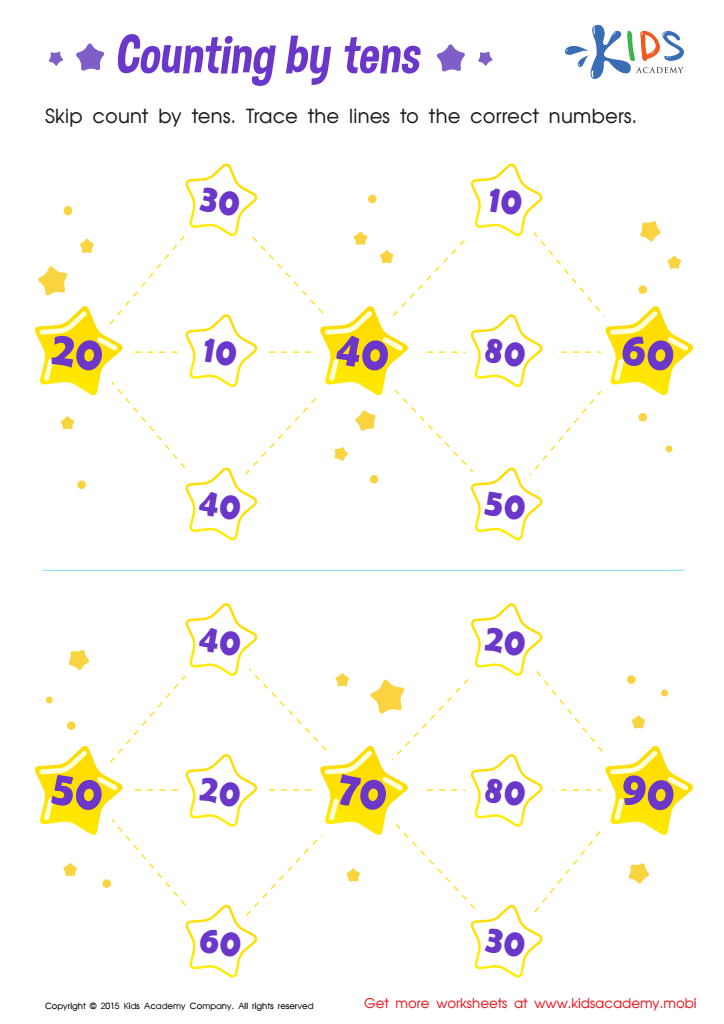

Learn Dozens: Counting by Tens Printable
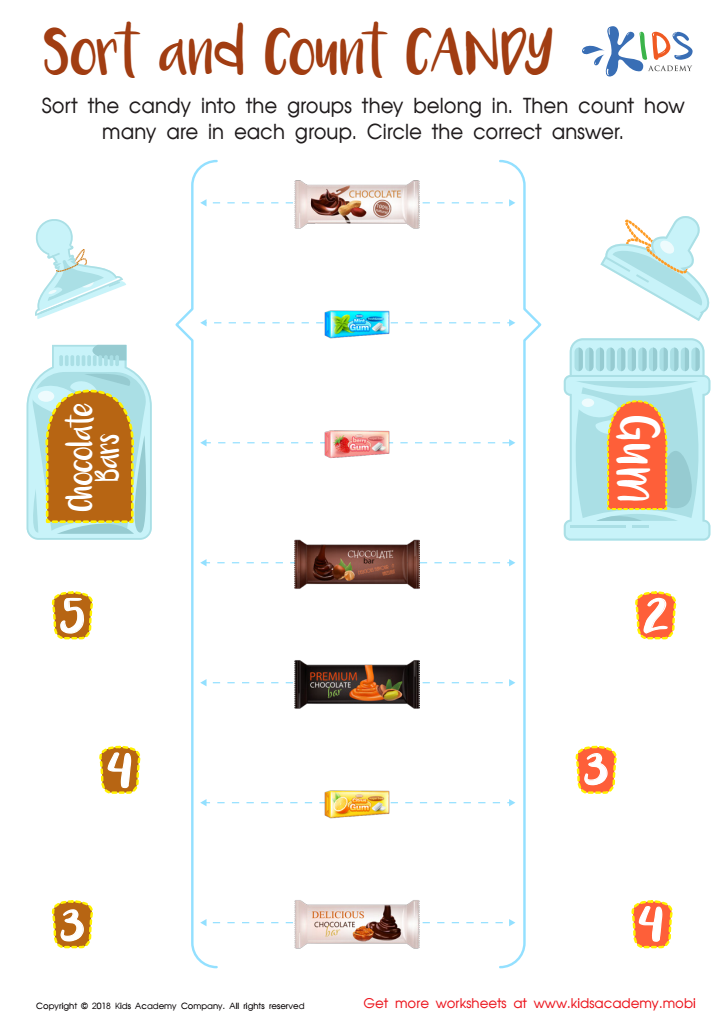

Sort and Count Candy Worksheet
Parents and teachers should prioritize basic math skills and normal numbers for ages 4-5 because these foundational concepts are crucial for early cognitive development. During this developmental stage, children are naturally curious and eager to explore the world around them, making it an ideal time to introduce mathematical concepts. Mastering basic math skills, such as counting, recognizing numbers, and understanding simple addition and subtraction, helps build a child’s confidence and lays the groundwork for future learning.
Moreover, early math skills enhance problem-solving abilities and critical thinking. When children learn to categorize, measure, and compare, they not only engage in math but also develop analytical skills that can be applied across various subjects. These skills are linked to better academic performance later in life.
Additionally, integrating basic math into everyday activities fosters a sense of excitement around learning. When parents and teachers engage kids in enjoyable and interactive math experiences—such as counting toys, measuring ingredients during cooking, or playing number games—children develop a positive attitude toward math as an essential life skill. Ultimately, laying a solid math foundation early promotes lifelong skills, ensuring that children are well-prepared for more complex mathematical concepts as they progress in their education.
 Assign to My Students
Assign to My Students





















